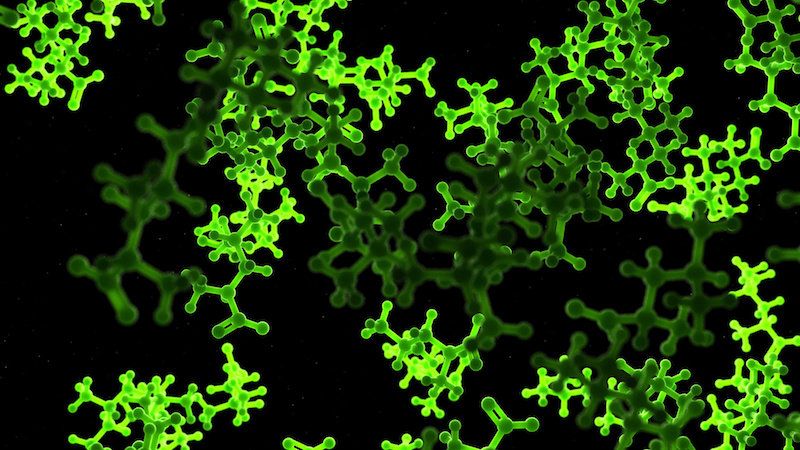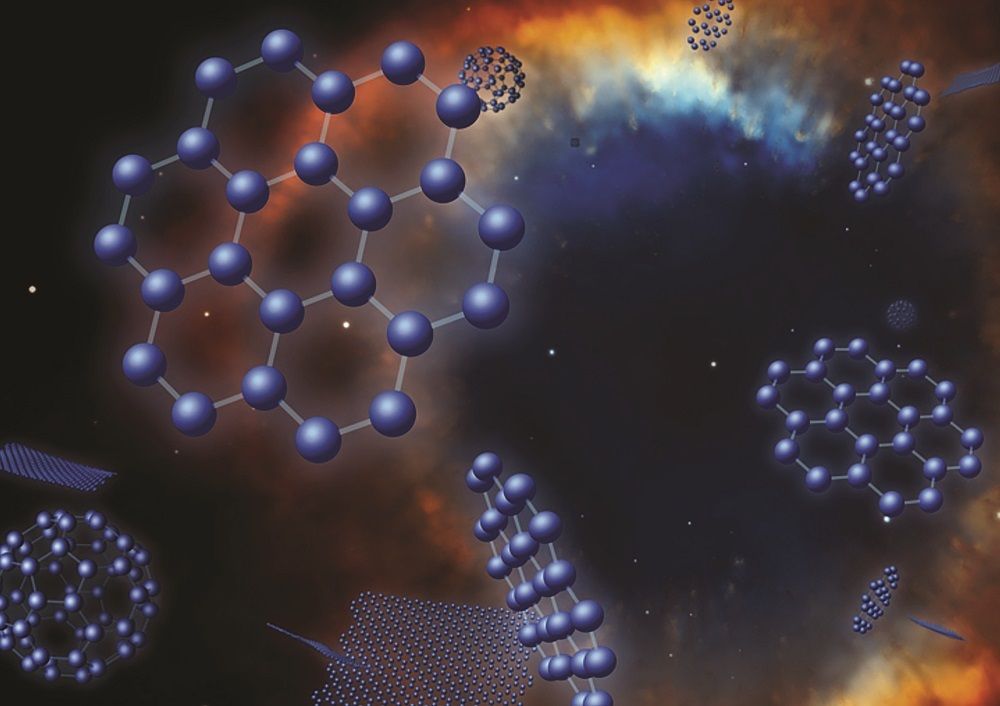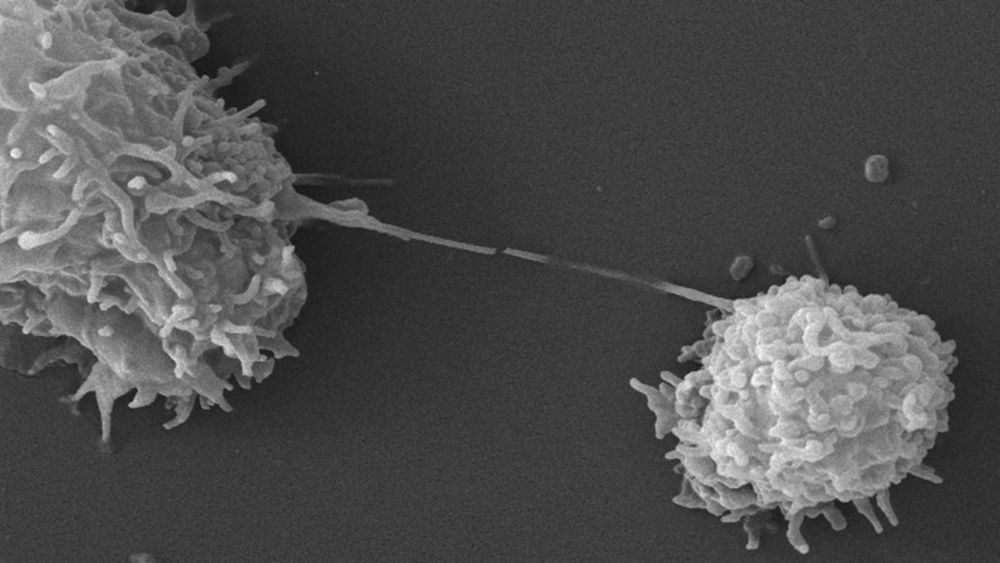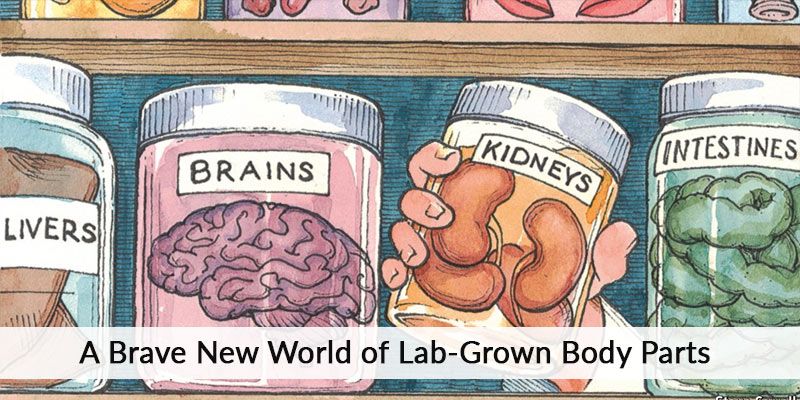Peptides, one of the fundamental building blocks of life, can be formed from the primitive precursors of amino acids under conditions similar to those expected on the primordial Earth, finds a new UCL study.
The findings, published in Nature, could be a missing piece of the puzzle of how life first formed.
“Peptides, which are chains of amino acids, are an absolutely essential element of all life on Earth. They form the fabric of proteins, which serve as catalysts for biological processes, but they themselves require enzymes to control their formation from amino acids,” explained the study’s lead author, Dr Matthew Powner (UCL Chemistry).








